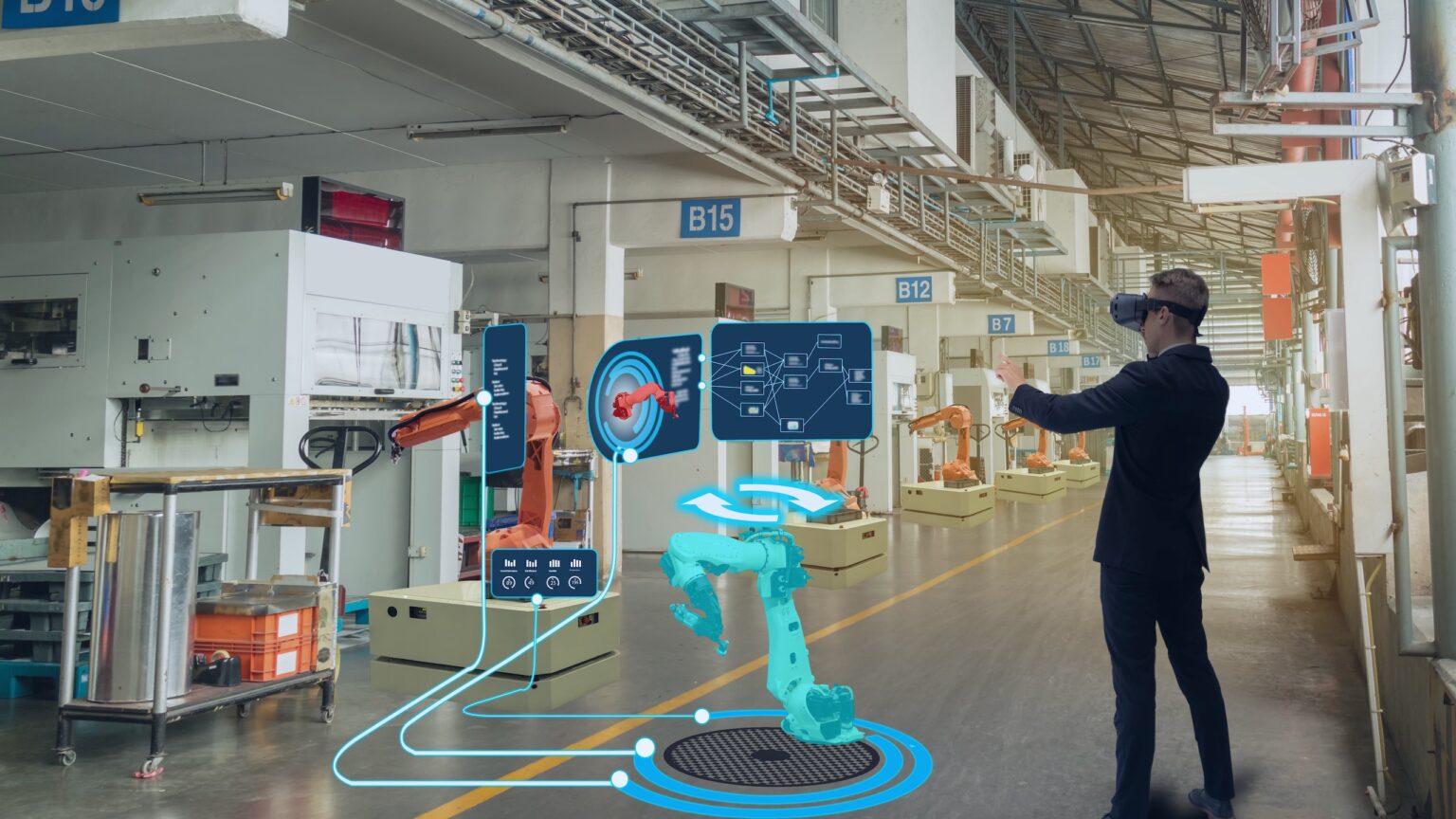Immersive training experiences promise a number of benefits over traditional learning including greater effectiveness and efficiency. To find out if virtual reality learning lives up to its hype, MetaNews spoke with Alina Vasile, Vice President of Production at Gemba, a VR training company based in London.
We also asked Vasile about the broader challenges VR and the metaverse still face and what effect Meta has had on the industry.
Training with VR
The educational potential of the metaverse is no secret. MetaNews previously reported that educational establishments on multiple continents including Europe, the US, and Asia are experimenting with VR and the metaverse to improve outcomes.
In the corporate sector, immersive training experiences are better established, demonstrating their benefit over traditional learning in a host of ways. VR training firm Gemba are among the companies working in this field. The client portfolio of the firm includes household names such as L’Oreal, Unilever, Volvo, and Nike.
When MetaNews spoke with Alina Vasile, Gemba’s VP of Production, we asked how the technology could be applied for maximum benefit. According to Vasile, VR allows for richer and more entertaining training experiences that can reduce time and expense.
“We started working with a company called Aptiv,” says Vasile as she recounts one of the their early success stories.
“They were able to reduce in-person training to four hours from what was previously two days. If you imagine the return on investment, the cost savings because [the training] is so much more dynamic, much more memorable.”
Aptiv is an Irish-American automotive technology supplier with 175,000 employees, 135,000 of which work in manufacturing. Using Gemba’s immersive learning platform, which Vasile dubbed the “Gembaverse,” staff members were trained at record speeds.
In January 2022, Edward O’Brien, Aptiv’s Global Operation Excellence Leader, told the Word Economic Forum that thanks to Gemba, the company was able to upskill its workforce “with an 80% higher efficiency compared to real-world training.”
How does it actually work?
While the headline figures might make for a compelling sales pitch, they don’t account for how and why VR training works.
Vasile describes how Gemba transformed a passive learning experience into a team activity that included competition. Through this process, Aptiv’s manufacturing business became something more akin to an immersive computer game.
“It’s a simulated mini-production line, a simplified version of a production line where the workers play in teams and compete against each other to come up with continuous improvement opportunities and to build as many rockets as they can,” she explained.
Some of the biggest issues slamming HR teams include lower employee engagement and the scramble to retain employees. The solution? #virtualreality workplace training.
Learn more from our CTO, Frankie Cavanagh, in this @CNBC article: https://t.co/hKGvQP14ky pic.twitter.com/7UtIx1vB63
— Gemba (@the_gemba_) April 13, 2023
According to Vasile this gamification of training is something that VR naturally lends itself to, incorporating “quests, challenges and rewards” to make the experience more enjoyable. It also allows workers from large companies to team up across multiple sites.
“What we’re seeing is that it’s much more dynamic and people can join from anywhere in the world. The only way they could possibly do this training before was face-to-face, so people would have to travel globally to go to training centers,” she added.
The Zuckerberg question
Having spent six years in the VR training industry, we asked Vasile if she had noticed any changes since Mark Zuckerberg renamed Facebook to Meta and kicked off the latest VR hype cycle.
Vasile said concerns about data privacy had increased but added that caution is “happening quite naturally, as more and more people are becoming more educated about data privacy.”
Vasile added that it was the responsibility of companies to explain how data is collected and used, something that Gemba does with their clients as standard. Vasile reassures that in the case of Gemba, the VR service is “quite anonymous and it’s very little data being collected.”









 and then
and then